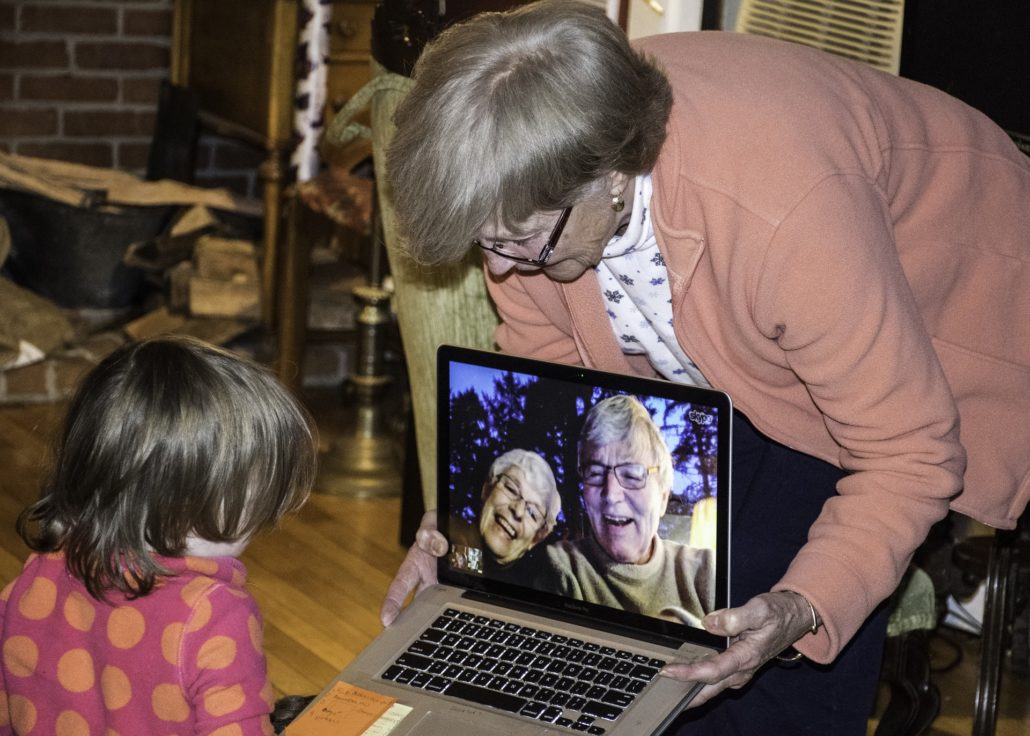Whereas parental mediation of children’s media was extensively studied, no known studies have investigated patterns of mediation by grandparents although many of them fulfill an important role in grandchildren’s rearing. This study is the first to uncover the grandparents’ role in shaping their grandchildren’s media preferences and media literacy.
Young children are traditionally considered vulnerable to media negative effects because they are less equipped with cognitive and emotional strategies and life experience that facilitate content understanding. Parental mediation of children’s media use is perceived as vital both for reducing negative effects of exposure as well as for facilitating its positive impact on the amount and nature of child-adult interactions, which are essential for healthy development. The research conducted so far has emphasized three distinct strategies of parental mediation: restrictive mediation, co-viewing, and instructive mediation. Restrictive mediation includes parents’ rules regarding the time limits of media use and the selection of appropriate content. Co-viewing mediation considers those situations in which parents and children simply watch screen contents together as part of their family time, and has been adopted at the age of internet and touchscreen interactive media to include co-use of these as well. Finally, instructive mediation refers to those situations when parents mediate between their children and the media use through conversation, explanation, value judgment etc.
While taking care of their grandchildren, grandparents too have to develop strategies for controlling their media usage time, selecting an appropriate content and interpreting it for the child. Based on a survey with 400 grandparents of young children (aged 2 to 8 year olds) who take care of their grandchildren at least once a week, this study explores meditation by grandparents. The study is expected to significantly contribute to the body of knowledge related to the intergenerational transmission of media habits and skills.
Researchers
Galit Nimrod, Ben-Gurion University of the Negev
Collaborators
Nelly Elias, Ben Gurion University of the Negev
Dafna Lemish, Rutgers University
Funding
ACT-SSHRC
Research Areas:
Telecommunication Technologies
ACT Partners
Ben-Gurion University of the Negev

